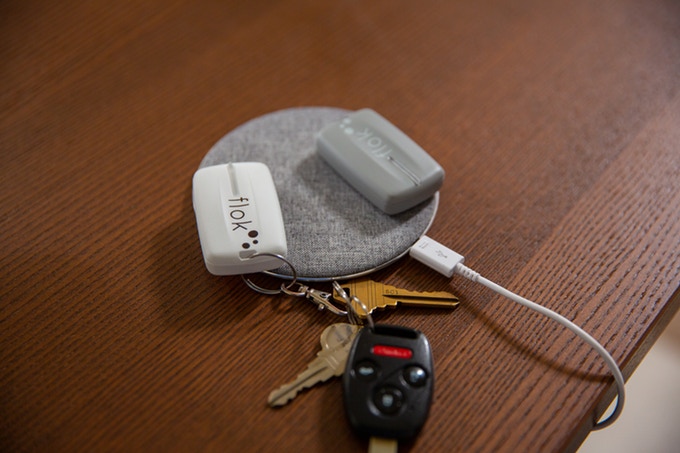This week’s podcast starts off with IBM’s decision to stop selling facial recognition software (we recorded before Amazon made a similar announcement) and then shifts to a discussion on neuromorphic computing. From there we discuss Lutron’s new wooden blinds, turning a Commodore 64 into a home automation system, insights on water use during the pandemic, more integrations from RoomMe, and funding for Drop’s kitchen operating system. We also touch on industrial news with a scaled-out Bluetooth deployment and PTC, Microsoft, and Rockwell Automation offering Factory Insights as a service. Kevin then shares some thoughts on the next big things necessary for smart homes to advance. Finally, we hear from a listener who wants to find a way to make his smoke alarms smarter.

Our guest this week is Andrew Farah, CEO of Density, a startup that provides sensors for people tracking. We last chatted more than five years ago and since then he’s built out the company, created a product for commercial real estate and found time to advocate for building IoT products that are anonymous by design. We talk about how companies are using his service and sensors to keep occupancy rates below the legal limits during the pandemic and why sensors are much better than cameras. You’ll enjoy the show.
Hosts: Stacey Higginbotham and Kevin Tofel
Guest: Andrew Farah, CEO of Density
Sponsors: Calix and Very
- IBM’s decision to stop selling facial recognition software is a start
- This enterprise hub can read 12,000 Bluetooth tags in a minute
- Three things that will move the smart home forward
- This sensor has 800 components and can tell how many people are in a room
- Why we need to build things with anonymity at the forefront
Podcast: Play in new window | Download | Embed
Subscribe: RSS

